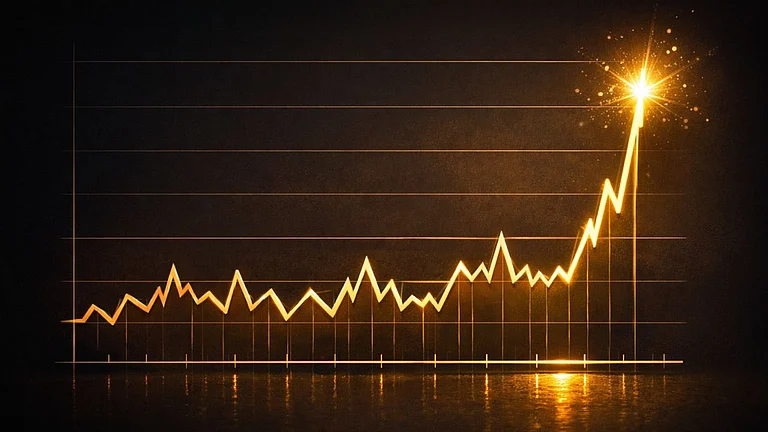Possibly due to a poor increase in deposits in FY24 and a struggle to improve the Credit to deposit ratio, the State Bank of India (SBI) has sought income tax parity on bank fixed deposits (FDs) in line with other asset classes in Budget 2024-25. The report also said deposits are taxed on an accrual basis while other asset classes are only taxed on redemption, and there is a need to remove this treatment in the Union Budget which will be presented by Finance Minister Nirmala Sitharaman in the Parliament on July 23.
"In line with mutual funds and equity markets, we propose that the government should tweak the 'tax on deposits interest' and make flat tax treatment across maturity ladder," the report said among other suggestions for the Union Budget 2024.
Difference In Taxation
Under the existing income tax structure, short-term capital gains from equity and mutual fund holdings are subject to a flat tax rate of 15 per cent if gains are withdrawn in one year, while long-term capital gains (LTCG) are at 10 per cent, with an exemption provided for LTCG income up to Rs 1 lakh in a given financial year.
But when it comes to bank deposits, banks are required to withhold taxes at the source (TDS) at a rate of 10 per cent when crediting interest in term deposits or recurring deposit accounts if the interest amount exceeds Rs. 40,000 for individuals. For senior citizens, the exemption limit is Rs. 50,000.
Why Tax Parity With Mutual Funds?
Also, the setting-off of loss against profits and carrying over the loss up to the next eight years make the opportunity cost of such investments quite lucrative, the SBI report said.
"Household net financial savings has declined to 5.3 per cent of GDP in FY23 and is expected to be 5.4 per cent in FY24. If we make the deposit rate attractive in line with MFs, then this could push up household financial savings and CASA. As this amount will be in the hand of depositors, it could unleash additional spending and thereby additional GST revenue to the government," SBI Research said.
The Reserve Bank of India (RBI) data for the quarter ended January 2024 shows that credit growth rose by 20.3 per cent year-on-year while deposits grew only by 13.1 per cent year-on-year. Indian lenders are facing pressure to maintain a good CASA ratio. On July 5, 2024, HDFC Bank's shares fell by 4 per cent after a weak business update when its current and savings account (CASA) deposits declined 5 per cent sequentially, causing the CASA ratio to drop 190 basis points to 36 per cent.
The Credit to Deposit (C/D) ratio stood at 80.01 per cent as of March 31, 2024, expanding by 416 bps year-on-year, and banks feel mutual fund returns and low tax rates are why they are struggling to mobilise deposits. Nifty has surged 25 per cent in the last year, giving handsome returns to mutual fund investors outperforming bank FDs which only gave 6 to 7 per cent returns, making more investors flock to mutual funds.
An increase in bank deposits will bring not only stability in the core deposit base and financial system but also financial stability in household savings as the banking system is better regulated and has a superior trust compared to other alternatives with high volatility/risk, SBI Research said.
Further SBI Research SBI Research report recommends targeting a fiscal deficit of 4.9 per cent but emphasises that the government should not be overly fixated on achieving this. It also suggests the disinvestment of PSBs, as banks are in good condition, including a stake sale in IDBI Bank. "We expect the Government to clarify this (disinvestment prospects) in the Budget," SBI research said.













